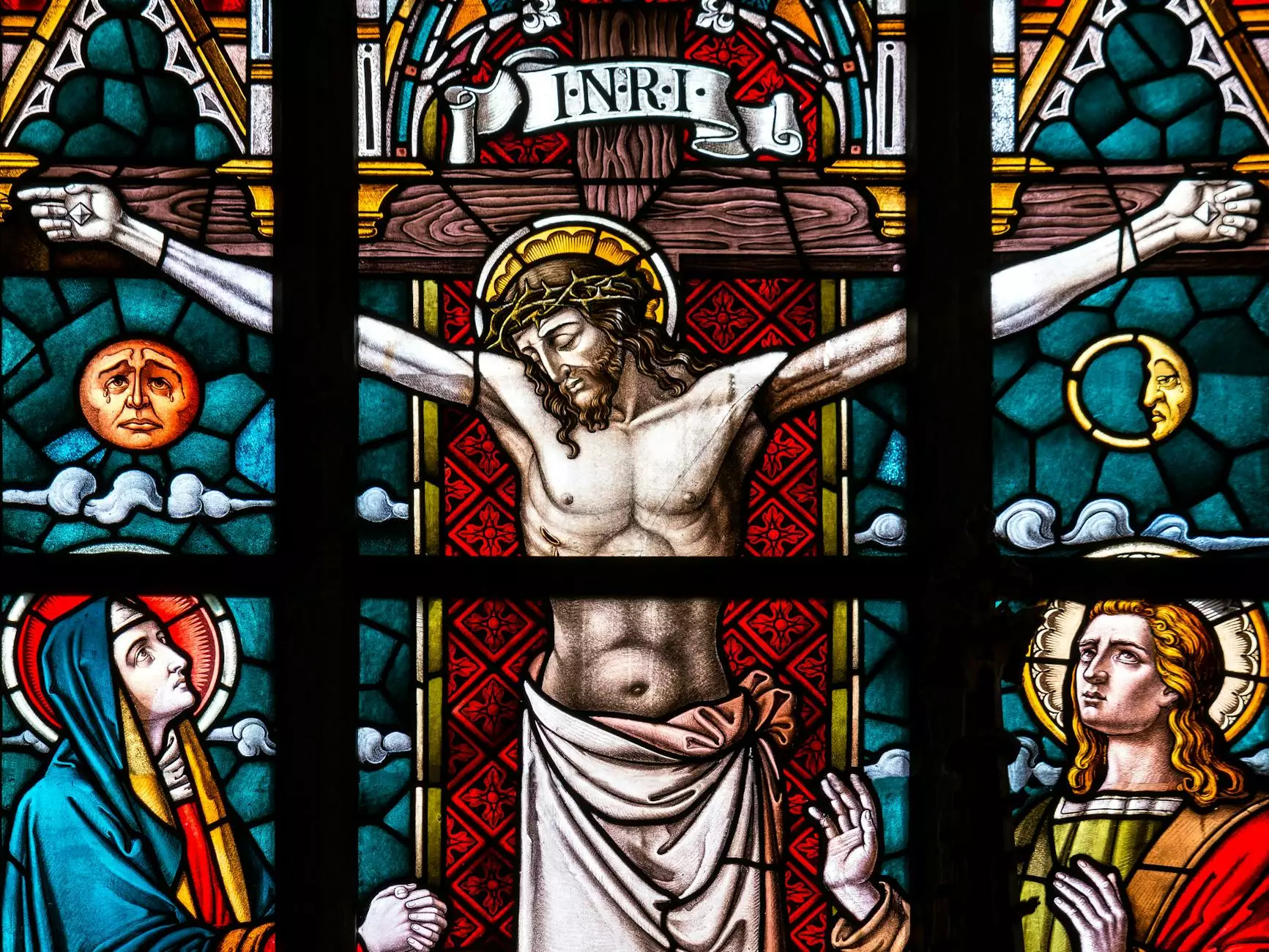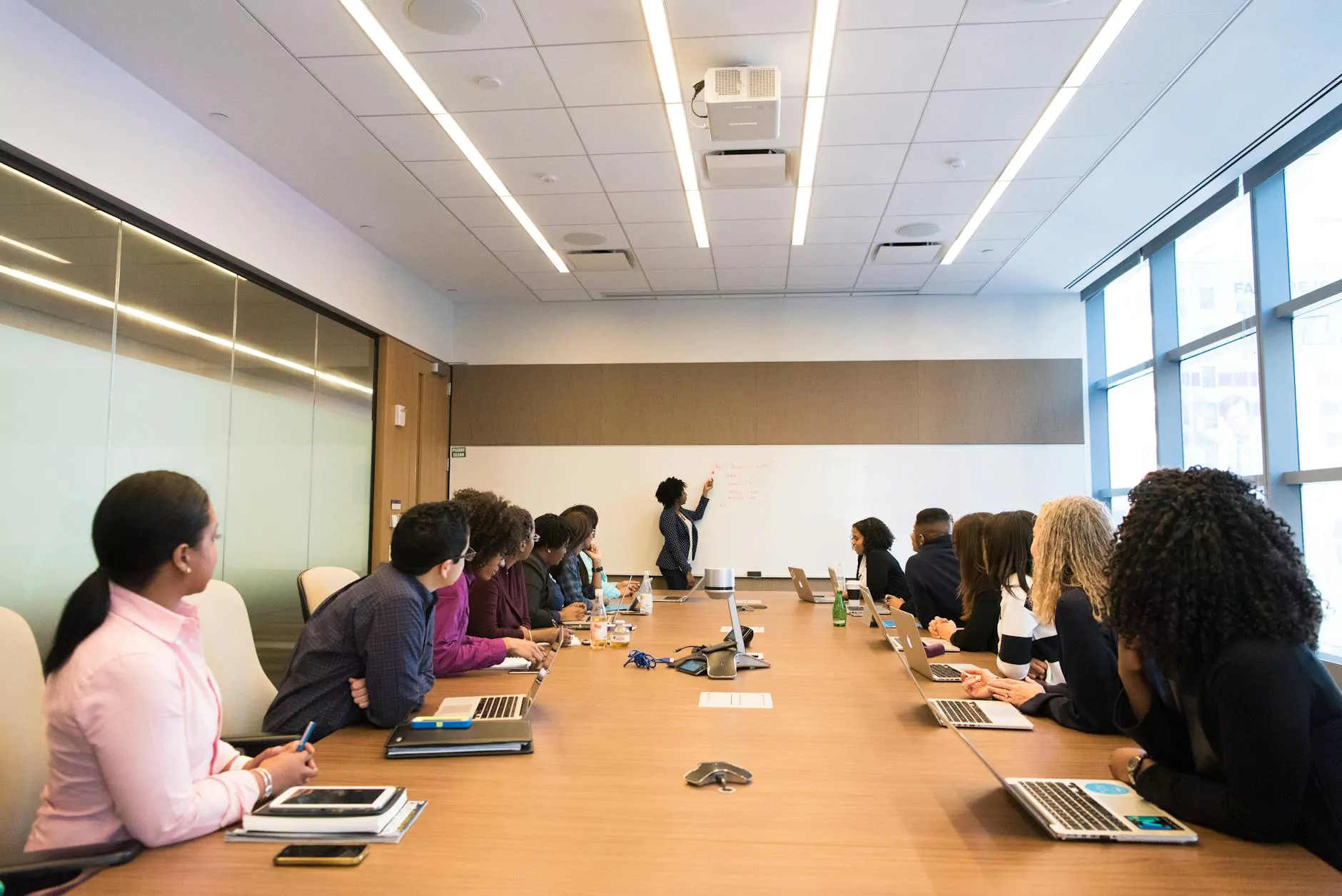Empowering Communities: The Vital Role of Local Black Churches in Building Stronger Neighborhoods

Across urban landscapes, local black churches have historically served as vital centers for spiritual guidance, community development, and social activism. These institutions are more than places of worship; they are dynamic hubs that foster mental, social, and economic resilience within their neighborhoods. In cities like New York, organizations such as Bridge Church NYC exemplify the transformational impact of these churches on their communities.
The Historical Significance of Black Churches in Urban America
To understand the profound influence of local black churches, it is essential to explore their historical roots. These churches emerged as safe havens during times of slavery, segregation, and racial discrimination, providing African Americans with spiritual solace and a platform for collective activism. Over decades, they have evolved into powerful entities advocating for social justice, economic empowerment, and community cohesion.
From Spiritual Sanctuary to Social Catalyst
Historically, black churches have been at the forefront of civil rights movements, mobilizing congregations and communities to fight injustice. Leaders such as Dr. Martin Luther King Jr., whose ministry was rooted in the church, exemplify how these institutions serve as incubators for leadership, advocacy, and positive social change.
Core Functions of Local Black Churches in Contemporary Society
Today, local black churches continue to serve multifaceted roles that benefit communities beyond spiritual nourishment. These include:
- Spiritual and Moral Guidance: Providing religious teachings, pastoral care, and moral frameworks that promote personal growth and ethical living.
- Community Support and Social Services: Organizing food drives, health clinics, shelter programs, and educational initiatives that address immediate needs.
- Leadership Development: Cultivating local leaders who champion community development and civic engagement.
- Advocacy and Social Justice: Campaigning against systemic inequalities, police brutality, and advocating for policy reforms.
- Economic Empowerment: Supporting small business development, job training, and financial literacy programs.
Bridge Church NYC: An Exemplary Model of a Local Black Church Empowering Communities
Situated in the heart of New York City, Bridge Church NYC embodies the mission and vision of the modern local black church. This congregation actively pursues a holistic approach to community improvement, integrating faith-based initiatives with social service programs to create sustainable change.
Faith-Driven Community Outreach
Bridge Church NYC leads numerous outreach programs, including youth mentorship, addiction recovery support, and neighborhood revitalization projects. These efforts aim to uplift vulnerable populations and foster a sense of hope and belonging within the community.
Partnerships and Collaborations
The church collaborates with local non-profits, businesses, and government agencies to amplify its impact. By forging strategic alliances, it facilitates larger-scale initiatives that address critical issues like homelessness, unemployment, and educational disparities.
The Economic and Social Impact of Local Black Churches
Research consistently highlights the significant contributions of black churches to economic development and social cohesion. These institutions:
- Stimulate Local Economies: Through hosting events, supporting small businesses, and employing community members.
- Promote Education: By establishing scholarship programs, tutoring services, and adult education classes.
- Enhance Social Capital: Serving as trusted community anchors that foster networks of mutual support and collective action.
Challenges Faced by Local Black Churches Today
Despite their positive influence, local black churches face numerous challenges, including:
- Financial Constraints: Limited funding impacting the scope of social programs and infrastructure maintenance.
- Declining Membership: Younger generations gravitating away from traditional institutions, leading to decreased engagement.
- Addressing Systemic Issues: Navigating complex socio-political landscapes to advocate effectively for change.
- Technological Adaptation: Integrating digital platforms for outreach and service delivery in an increasingly online world.
Innovative Strategies for Strengthening Local Black Churches
To continue their positive influence, local black churches are adopting innovative approaches such as:
- Digital Engagement: Utilizing social media, podcasts, and live streaming to connect with broader audiences.
- Community-Driven Programs: Tailoring initiatives based on specific neighborhood needs, ensuring relevance and effectiveness.
- Interfaith and Intercommunity Collaborations: Building alliances across different faiths and communities to address shared issues.
- Leadership Excellence: Investing in leadership training and development to empower emerging pastors and community organizers.
The Future of Local Black Churches: Pathways to Sustainable Impact
Looking ahead, the sustainability of local black churches will depend on their ability to adapt, innovate, and deepen their community engagement. Priorities include expanding digital platforms, increasing youth involvement, and amplifying advocacy efforts for social justice. These churches have the potential to continue shaping resilient, empowered neighborhoods rooted in faith, hope, and active service.
Conclusion: Building on Legacy, Expanding Horizons
Local black churches like Bridge Church NYC remain vital institutions fostering spiritual vitality, social justice, and community resilience. Their longstanding history and ongoing efforts demonstrate that faith-based organizations can be powerful catalysts for positive change. By embracing innovation and collaboration, these churches will continue to serve as bedrocks of progress, ensuring their communities thrive both spiritually and socio-economically into the future.
Empowering people through faith, service, and advocacy is the cornerstone of a robust, inclusive city. The future of local black churches is bright—woven into the fabric of their neighborhoods, inspiring generations to come with hope, resilience, and unwavering commitment to community upliftment.









